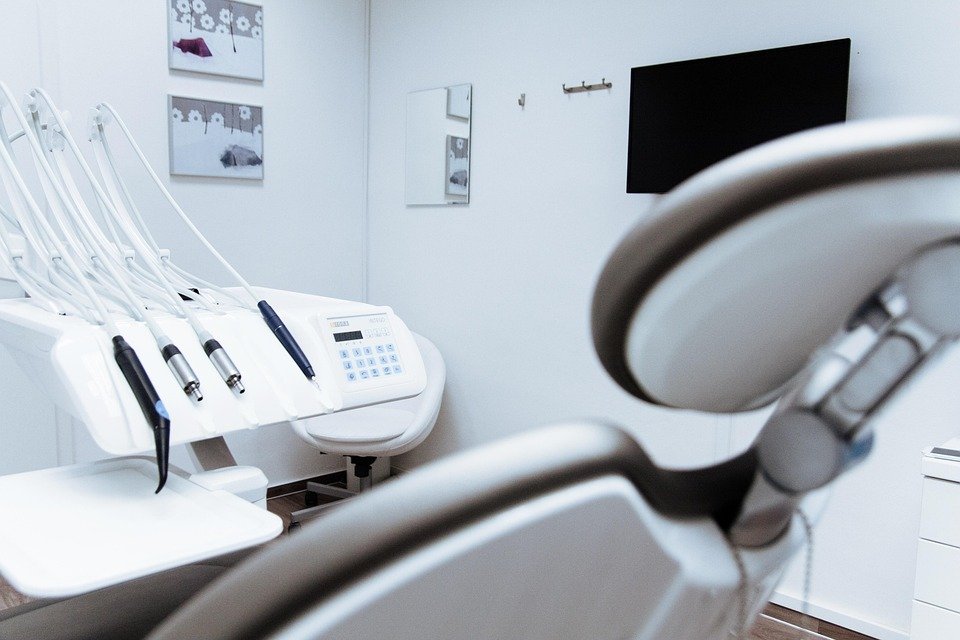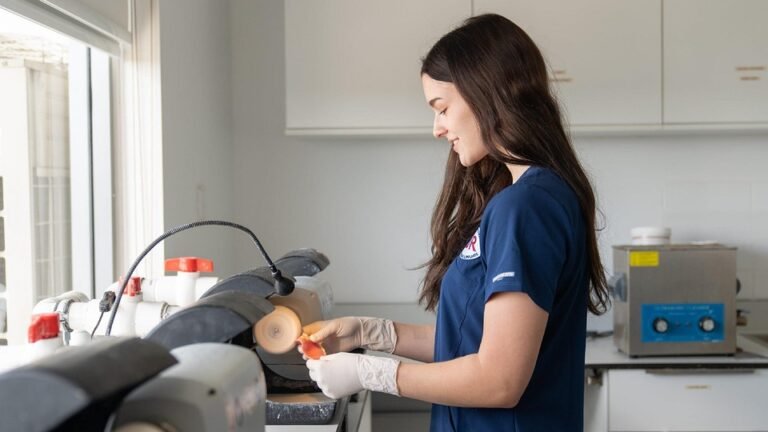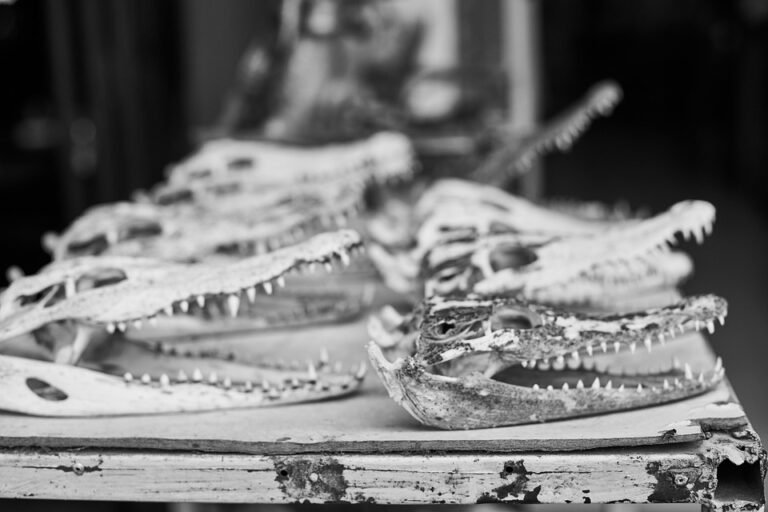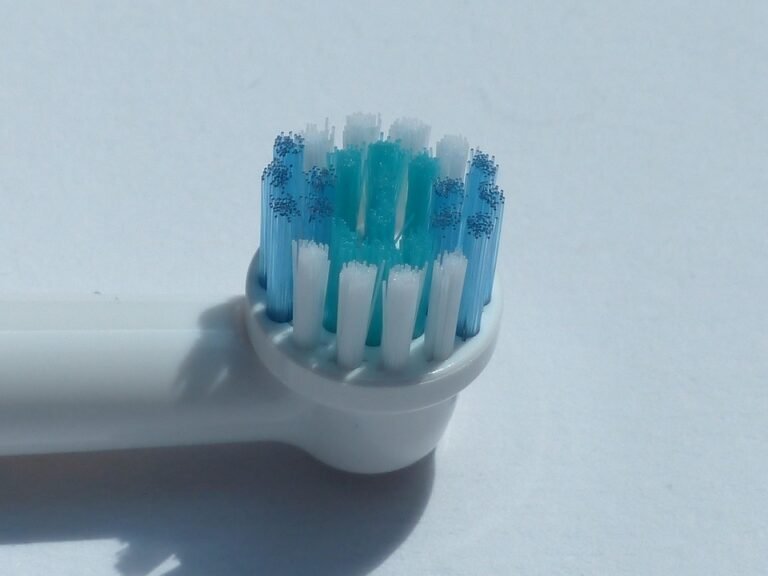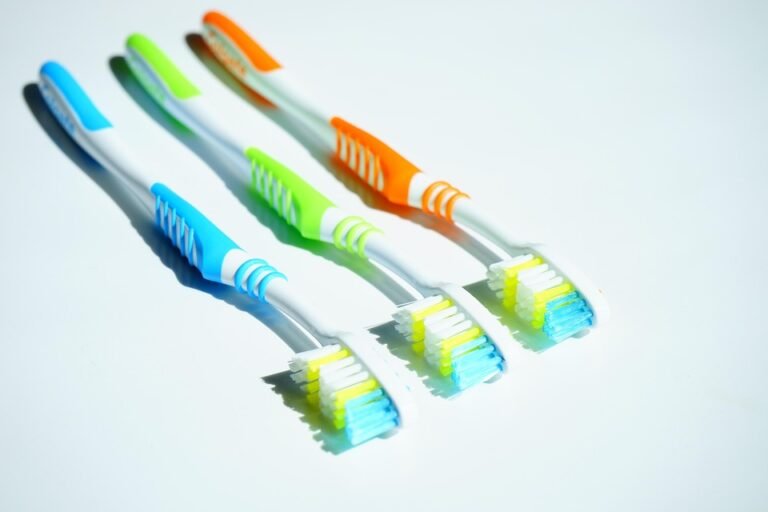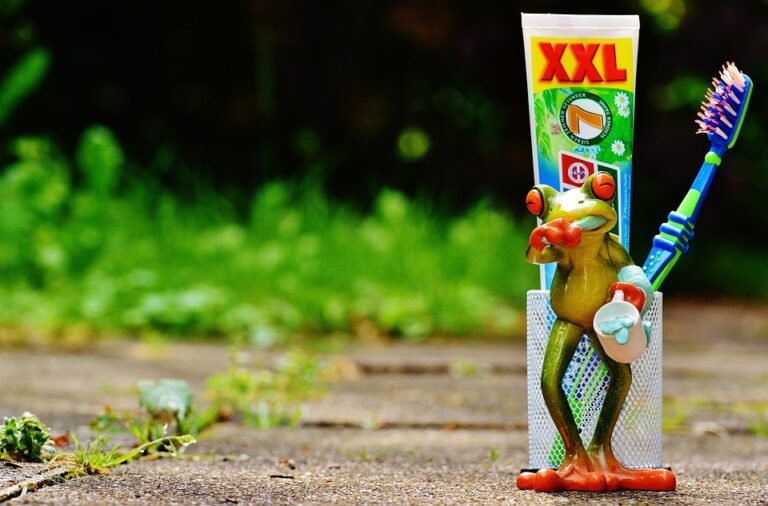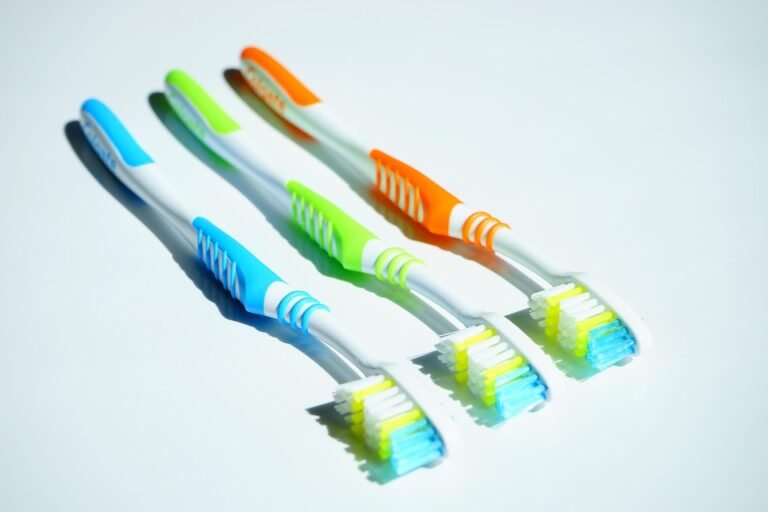What extracurricular activities are beneficial for a dental school application
Okay, so I’m applying to dental school next year, and I’m feeling a little lost when it comes to extracurriculars. I know I need to show I’m well-rounded and have a passion for dentistry, but I’m not sure which activities actually look good on my application.
I’ve already got decent grades and DAT scores, and I’ve shadowed a general dentist for about 50 hours. But beyond that, my extracurriculars are just… regular. I was in the pre-med club (kind of generic, right?), played intramural volleyball, and volunteered at the local animal shelter.
What are some specific extracurricular activities that will really make my application stand out? Are there any "must-have" activities besides shadowing? Should I focus on dental-related volunteering, leadership roles, or something else entirely? I’m especially interested in activities that demonstrate my manual dexterity, scientific curiosity, and commitment to serving the community.
Also, how much weight do dental schools place on extracurriculars compared to other aspects of the application? Is it better to have a few really strong experiences or a wider range of less impactful ones? I’m willing to put in the work, but I want to make sure I’m focusing my efforts on the most beneficial activities. Any advice would be greatly appreciated!
Answer
Extracurricular activities play a crucial role in a dental school application, demonstrating well-roundedness, commitment, and the development of essential skills. Dental schools seek applicants who are not only academically strong but also possess the qualities of empathy, leadership, teamwork, and a genuine interest in serving others. Here’s a breakdown of beneficial extracurricular activities, categorized for clarity:
I. Dental-Related Experiences:
- Dental Assisting/Shadowing: This is paramount. Observing or assisting in a dental office provides invaluable insight into the profession. Aim for significant hours (100+) across various dental specialties (general dentistry, orthodontics, periodontics, oral surgery, etc.). Document the types of procedures you observed, the interactions between the dentist and patients, and what you learned about the daily realities of dental practice. Some programs may offer formal dental assisting certifications which further highlights commitment.
- Dental Lab Experience: Working in a dental laboratory, even in an entry-level position, exposes you to the fabrication of dental prosthetics, crowns, bridges, and other appliances. This can provide hands-on experience and an understanding of the technical aspects of dentistry.
- Dental Outreach Programs: Participating in community dental clinics, mobile dental units, or international dental missions demonstrates a commitment to serving underserved populations and addressing oral health disparities. These experiences offer direct patient interaction and exposure to diverse dental needs.
- Pre-Dental Clubs: Active involvement in a pre-dental club at your college or university provides opportunities to network with fellow pre-dental students, attend workshops and presentations by dental professionals, and participate in organized volunteer activities.
II. Healthcare-Related Experiences:
- Volunteering at Hospitals or Clinics: Volunteering in a hospital or clinic setting (not necessarily dental-specific) exposes you to the healthcare environment, patient care, and interprofessional collaboration. Roles like assisting nurses, transporting patients, or providing administrative support can be valuable.
- Emergency Medical Technician (EMT) or Certified Nursing Assistant (CNA): Obtaining EMT or CNA certification and working in these roles provides direct patient care experience, develops critical thinking skills, and demonstrates a willingness to work under pressure.
- Medical Research: Participating in medical or dental research, even if it’s basic science research, demonstrates scientific curiosity, analytical skills, and the ability to contribute to the advancement of knowledge.
- Pharmacy Volunteering/Work: Shadowing or volunteering in a pharmacy can provide exposure to medications and the role of pharmacists in patient care.
III. Leadership and Teamwork Experiences:
- Student Government: Serving in student government demonstrates leadership skills, organizational abilities, and a commitment to representing the interests of your peers.
- Resident Advisor (RA): Being an RA develops interpersonal skills, conflict resolution abilities, and the capacity to mentor and support others.
- Club Leadership: Holding a leadership position in any club or organization (academic, social, or service-oriented) demonstrates initiative, responsibility, and the ability to motivate and manage others.
- Sports Teams: Participating in team sports fosters teamwork, discipline, and the ability to work towards a common goal. Being a team captain showcases leadership skills.
IV. Community Service and Volunteering:
- Consistent Volunteering: Regular and sustained involvement in any community service activity (e.g., soup kitchen, homeless shelter, tutoring program) demonstrates a genuine desire to help others and contribute to your community.
- Mentoring Programs: Mentoring younger students or individuals from underserved communities develops communication skills, empathy, and the ability to serve as a positive role model.
- Habitat for Humanity: Participating in Habitat for Humanity projects demonstrates a willingness to engage in hands-on work and contribute to providing affordable housing.
- Tutoring: Tutoring demonstrates strong communication skills and subject matter expertise.
V. Other Activities:
- Research (Scientific or Humanities): Engaging in research demonstrates intellectual curiosity, critical thinking, and analytical skills. Even research outside of the dental field is valuable.
- Arts and Music: Participating in artistic or musical activities demonstrates creativity, discipline, and attention to detail.
- Foreign Language Proficiency: Fluency in a foreign language is valuable in serving diverse patient populations and demonstrates cultural sensitivity.
- Teaching Assistant (TA): Serving as a TA for science or math courses reinforces your understanding of the subject matter and develops teaching and communication skills.
- Military Service: Military service demonstrates discipline, leadership, and a commitment to serving your country.
Key Considerations:
- Depth over Breadth: It’s better to be deeply involved in a few activities than to be superficially involved in many. Dental schools value sustained commitment and meaningful contributions.
- Passion and Authenticity: Choose activities that genuinely interest you and align with your values. Your passion will be evident in your application essays and interviews.
- Reflection: Reflect on your experiences and articulate what you learned, how you grew, and how these experiences have prepared you for a career in dentistry.
- Documentation: Keep a detailed record of your extracurricular activities, including dates, hours, roles, and accomplishments. You will need this information when completing your dental school application.
- Balance: Maintain a balance between academics and extracurricular activities. Your academic performance is still the most important factor in your application.
- Personal Growth: Focus on activities that allow you to develop essential skills such as communication, teamwork, problem-solving, and leadership.
- Impact: Show how you made a positive impact on the organizations you were involved in and the people you served.
- Diversity: A diversity of experiences can broaden your perspective and make you a more well-rounded applicant.
- Narrative: Weave your experiences into a compelling narrative that tells the story of your journey to dentistry.
Dental schools are looking for well-rounded individuals who are passionate about dentistry, committed to serving others, and possess the skills and qualities necessary to succeed in a demanding profession. Strategic and meaningful participation in extracurricular activities can significantly strengthen your application and increase your chances of admission.
